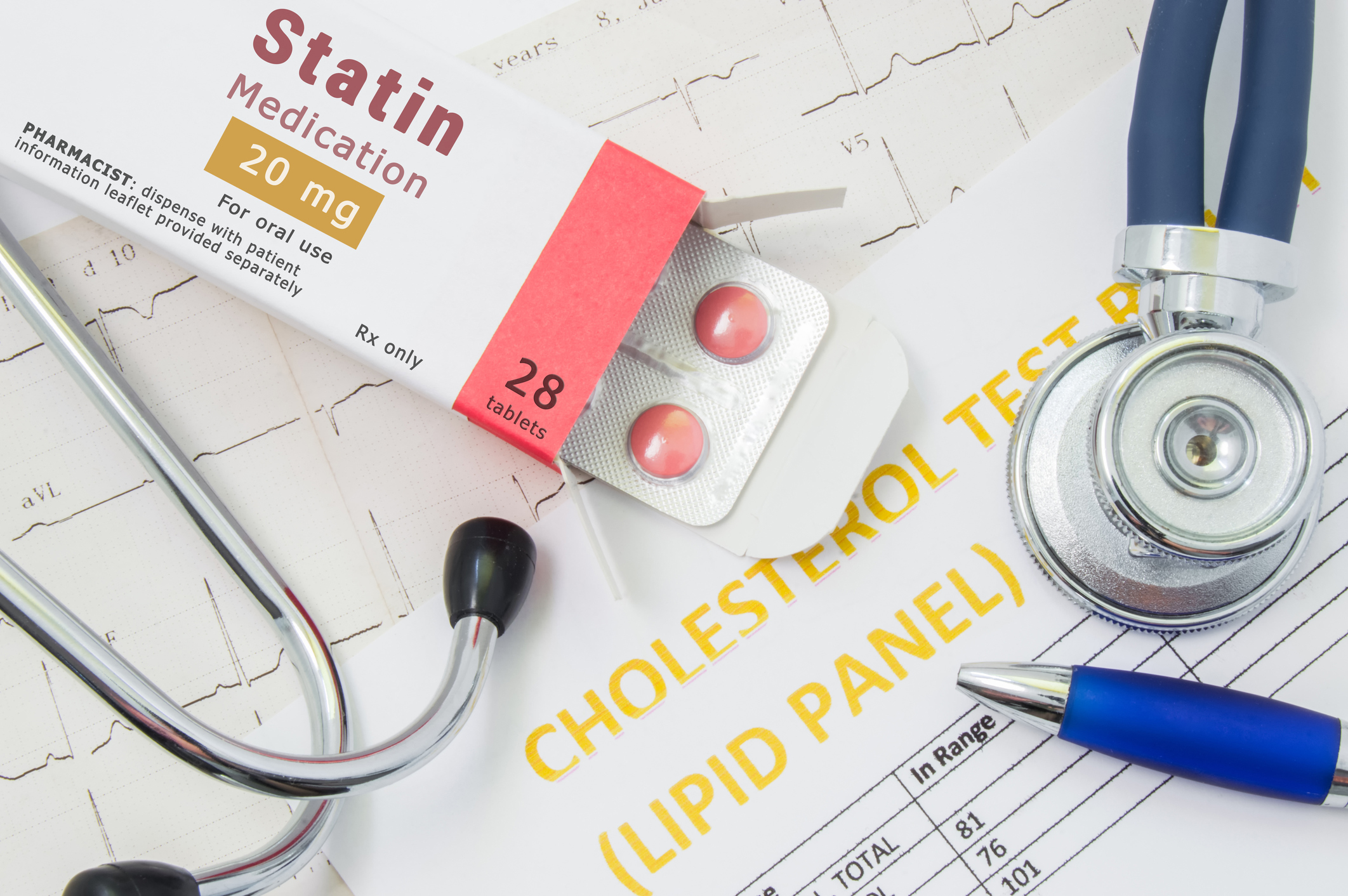In keeping with a more modern approach to medicine and increasing concern about over-prescribing drugs especially among older adults, a new study reveals that a surprising number of healthy seniors over the age of 75 are still taking statin drugs even though guidelines do not recommend them for this age group.
According to a recent report by the New York Times, almost half of adults over 75 take statin medications to lower cholesterol and reduce the risk of heart attack or stroke, even if they are healthy. Although statins are advised for older patients who have already had a stroke or heart attack, there is no compelling evidence that primary statin therapy has any benefit for adults over 75 and the drug can result in side effects that lower quality of life. Muscle pain, fatigue and mental fuzziness are common complaints older adults report while taking statins which can also interact with other prescriptions including proton pump inhibitors, some antibiotics as well as blood pressure and heart medications.
For a statin drug’s benefits to pay off as a preventative therapy it may take up to five years which raises many questions for patients over the age of 75 experiencing side effects. And for elderly patients in long-term care, with other chronic diseases that will shorten life or with advanced dementia, it may be time to talk with the doctor about what medications that are unlikely to offer any benefit can be stopped.
In 2016, the United States Preventive Services Task Forces issued a recommendation for statin use as primary prevention in adults between 40 and 75 with risk factors including high cholesterol, diabetes, high blood pressure or smoking. The task force also only recommends statins if the risk of a cardiovascular event over 10 years is 10 per cent or greater.
Drugs and food that interact with statins
- Grapefruit – ask you doctor how much is safe and won’t interfere with metabolizing statins
- Amiodarone (Cordarone, Pacerone), a medication for irregular heart rhythms
- Gemfibrozil (Lopid), another variety of cholesterol drug
- Protease inhibitors, such as saquinavir (Invirase) and ritonavir (Norvir)
- Some antibiotic and antifungal medications, such as clarithromycin (Biaxin) and itraconazole (Onmel, Sporanox)
- Some immunosuppressant medications, such as cyclosporine (Gengraf, Neoral, Sandimmune)
Source: Mayo Clinic
To learn more about statins, the benefits and the side effects, follow this link to the Mayo Clinic website.
As with any medication, it is important to talk with your doctor before stopping or starting any prescription. And alway inform your physician and your pharmacist about ALL medications and supplements you are taking.






Add Your Voice
0 Comments
Join the Discussion